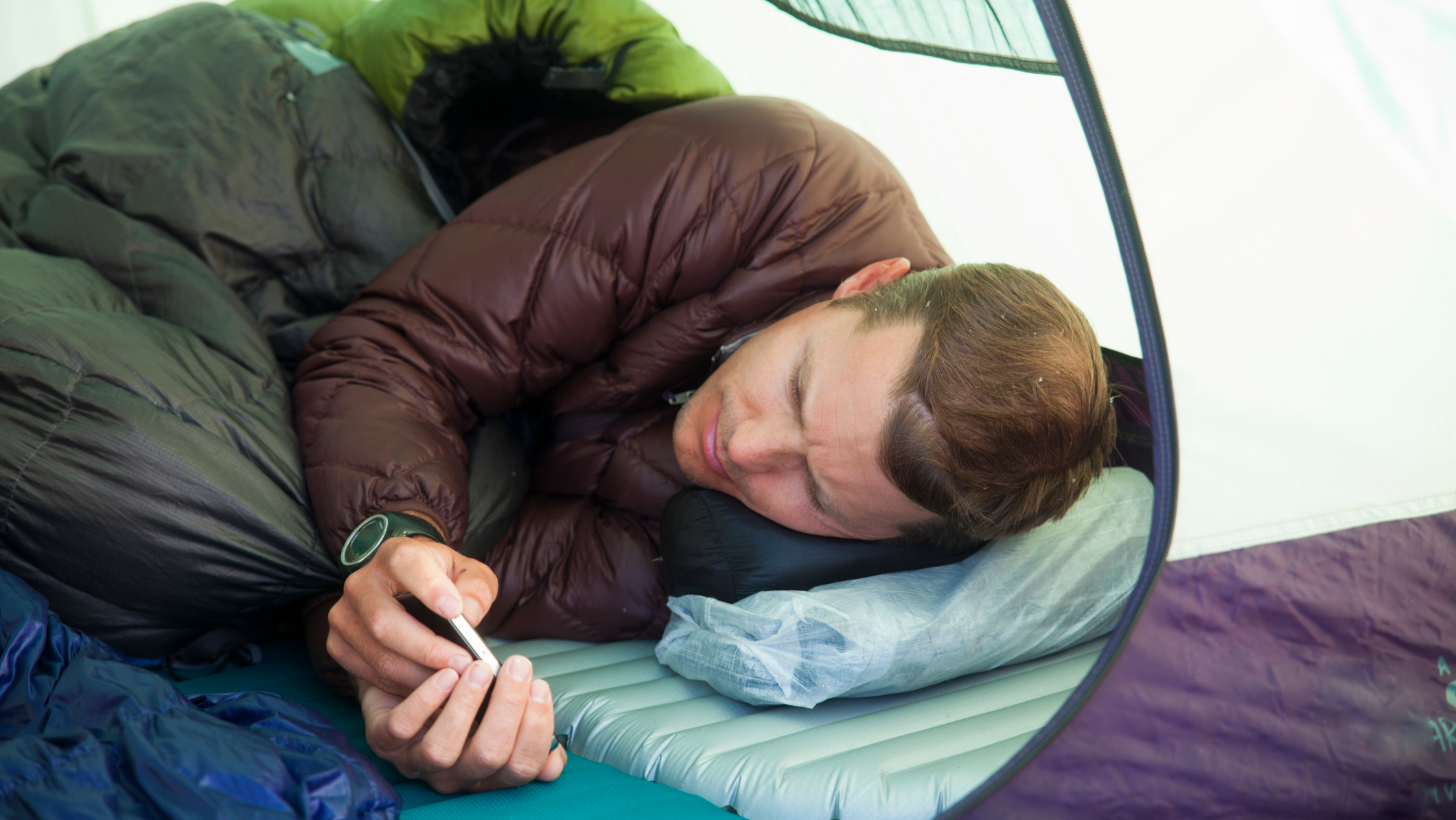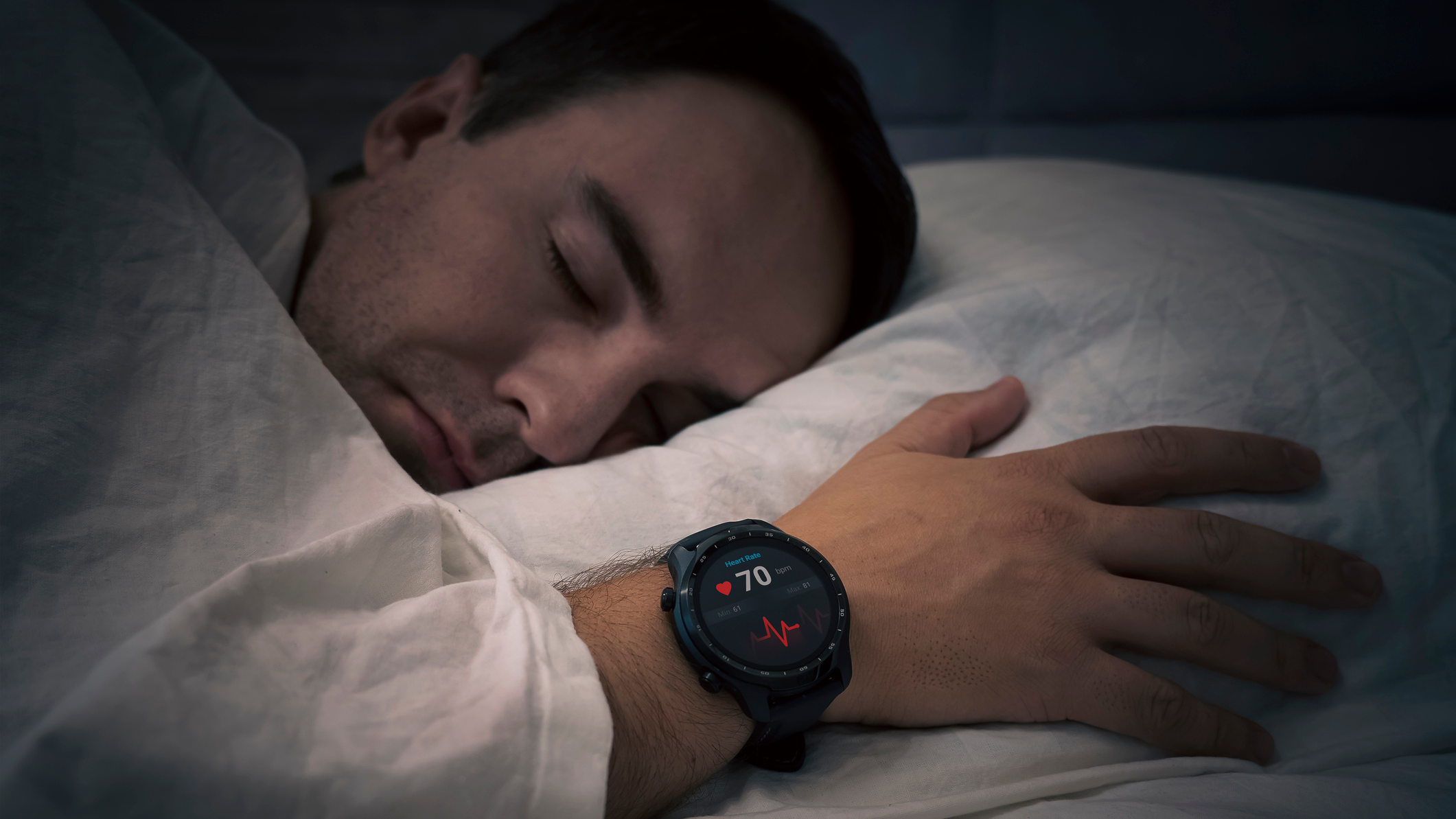
Wear your Garmin watch overnight, and in the morning, you'll be given a Sleep Score - a number out of 100 that reflects your quality of sleep.
But what does your Sleep Score really mean? How is it calculated? And how can you improve yours?
Read on your our guide to Garmin's in-depth sleep tracker, including our top tips for improving your Sleep Score.
What is your sleep score?
If you have a relatively new Garmin watch, you'll see your Sleep Score as part of your Morning Report. If your watch is older (or if it's later in the day) then you can find it by scrolling through the Glances on its face, or opening the Garmin Connect app's main menu and selecting Health Stats, then Sleep. Here you'll also be able to see how your Sleep Score has been trending over the last week, month, or year.
Garmin has also 'gamified' Sleep Coach, adding a handful of badges that can be earned while you snooze: Sleep Savant (wear your watch overnight and track your sleep for 30 nights in a row), Sleep Streak (get a sleep score of 75 or above for seven consecutive days), and Mythical Sleep (achieve a sleep score of 100).
Sleep Savant earns you one point, Mythical Sleep is worth two, and Sleep Streak will get you four. That's the same number of points you'll earn for completing a half marathon without lifting a finger, so how can you improve your chances of getting them?
How Sleep Score is calculated?
When you first set up your Garmin watch, you'll be prompted to enter the times when you usually go to bed and get up. Your watch will still detect if you fall asleep wearing it outside these hours (decreases in heart rate and movement are big giveaways), but during this period it will be more sensitive to such changes.
Your watch will track not only how long you sleep for, but also your sleep stages (light, deep and REM), restlessness, and periods of wakefulness. A little restlessness and a couple of short periods awake overnight are normal, but if your sleep is fitful then your Sleep Score will drop. Similarly, if you get less than the recommended amount of sleep (particularly deep and REM stages) considering your recent activity level, your Sleep Score will be lower.
The final part of the puzzle is the activity of your autonomic nervous system (ANS). During sleep, your watch will measure your heart rate variability (the changes in how your heart beats from one moment to the next) to determine stress and recovery states as you sleep.
How to improve your Sleep Score
Garmin Sleep Coach gives personalized advice to help improve your sleep hygiene, improve your Sleep Score, and generally feel better. For example, if your bedtimes are all over the place, your watch may kindly suggest that you try to settle down at the same time every night instead. If you're consistently getting too little sleep, you'll be advised to go to bed sooner, and if you're working out too close to bedtime, your watch will suggest you hit the gym at a more reasonable hour.

Certain Garmin watches also have automatic nap detection, which is a feature many users had been requesting for years, and was already available on running watches from rivals like Amazfit. It's not quite perfect (some people may find it over-sensitive), but the company's developers are fine-tuning the algorithm, and if it does record a nap incorrectly, you can delete it, as long as it's on the same calendar day, using Garmin Connect.
Napping for less than 30 minutes around the middle of the day is generally regarded as a good thing, and will reduce your recommended Sleep Need (the amount of rest you should get that night), but if you nap for too long, or too close to either end of the day, your watch will give you a mild telling off.
Our top tips
Even if your watch doesn't offer Sleep Coach, there are still plenty of steps you can take to improve your sleep quality, and thereby your sleep score:
- Avoid alcohol in the evening
- Avoid eating dinner late
- Don't drink caffeine within six hours of bedtime
- Exercise during the day (but not immediately before bed)
- Go to bed and get up around the same time each night
- Aim to get around seven hours of sleep (approximately)
- Make sure your bedroom is dark, quiet, and not too warm
- Try gentle movement like yoga in the evening
- Don't nap too long during the day
For more tips and tricks for getting a good night's sleep, check out our expert advice for falling asleep wherever you are.
- The best sleeping bags: our top recommendations for a cozy night
- The best 4-season sleeping bags: warm and packable bags for a cozy night's sleep, whatever the weather







